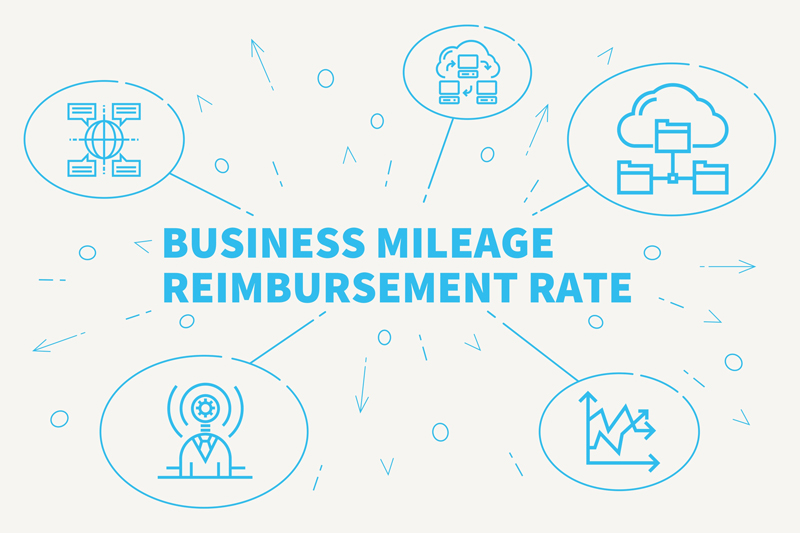In March 2022, Governor DeWine signed into law Senate Bill 47, which seeks to clarify Ohio’s overtime pay provisions. The law also expressly adopts the federal Fair Labor Standards Act (FLSA) “Portal to Portal” Act (PPA) exemptions from paying overtime. Specifically, the new law clarifies and codifies, like the FLSA and the interpretations that have previously been annunciated in Ohio courts, that employers are not obligated to pay overtime compensation to employees under the following circumstances:
- When an employee is engaging in normal commuting to and from work;
- When an employee is performing activities that are “preliminary” or “postliminary” to the principal activities of the employee’s position;
- When an employee is engaged in activities “requiring an insubstantial or insignificant period of time beyond the employee’s scheduled working hours,” i.e., “de minimis time.”
It remains to be seen, however, how Ohio Courts will interpret additional provisions in the new law that include certain carve-outs that are not included in the FLSA PPA, such as activities that are “specifically directed by the employer” or “pursuant to a custom or practice applicable to the activity” as the new Ohio law states. This might require that employers pay overtime compensation for certain activities that were not previously required to do. Generally, the new law might expand the types of activities employees perform that might be subject to overtime pay when they are employer-sanctioned. For this reason, employers should review their policies for non-exempt employees to ensure that they address off-the-clock work and provide a mechanism for reporting such time or obtaining permission in advance.
The new law will also change the procedures for bringing class action wage and hour disputes under Ohio wage laws. Previously, such suits would include all members of a Plaintiff class unless individual Plaintiffs “opted out” of the lawsuit. The new Ohio law prohibits “opt-out” wage and hour actions, making it a requirement for Plaintiffs to affirmatively give written consent to “opt-in” as part of a “collective action.” This new provision is consistent with wage and hour actions brought under the FLSA.
The attorneys at Pickrel, Schaeffer, and Ebeling have experience helping clients at all stages of wage and hour laws, including audits, policy-making, and litigation.
If you require further assistance or have questions about Ohio’s new overtime provisions, don’t hesitate to contact Kristina Curry at kcurry@pselaw.com or call (937) 223-1130.













